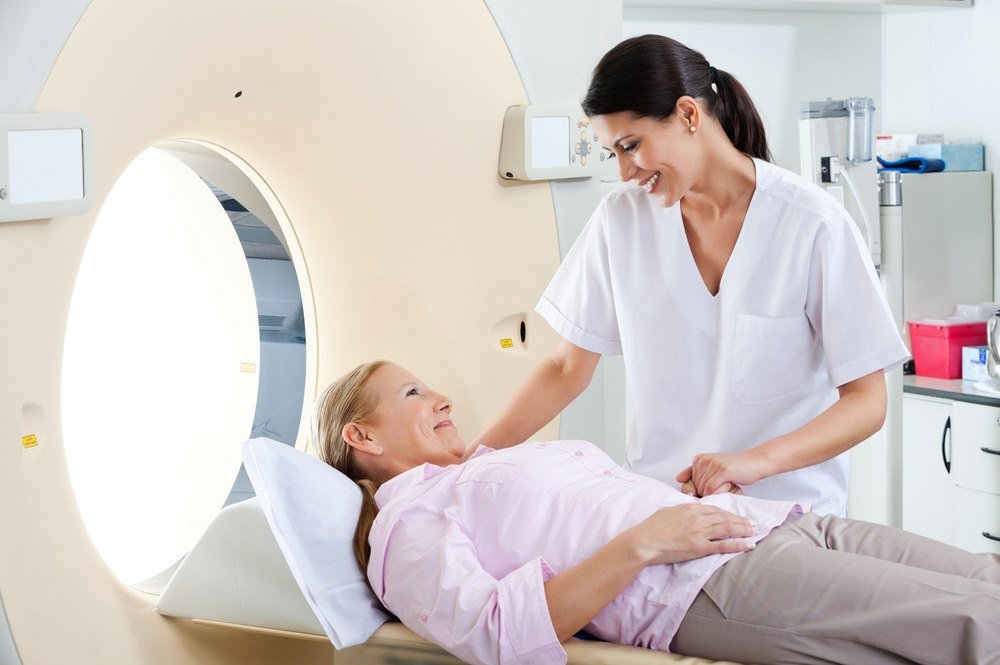CT scanning in adults

A CT scan is usually a recommendation for adults who:
- Have a history of seizures or fits after the injury
- Have nausea or vomiting more than once after the accident or injury
- Have persistent issues with opening their eyes, speaking, or carrying out instructions
- Have symptoms that recommend the possibility of fracture in the base of the skull, such as very dark patches above and below the eyes (panda eyes) and clear fluid coming from the eras or nose
- Are unable to recall moments more than 30 minutes prior the injury
- Are suffering from any symptoms of neurological issues, such as issues with walking and balance, persistent alterations in vision, and loss of sensation in some parts of the body
A CT scan is also a recommendation for adults who are experiencing some loss of memory or consciousness after the injury. Moreover, in case of adults aging 65 years or more doctors readily go for CT scanning if there is any incidence of falls, motor vehicle collision, or a hit to head. Adults having a problem that makes them more likely to uncontrollable bleeding, such as a blood clotting disorder (for instance, haemophilia) or taking anticoagulant medication like warfarin must get CT scanning to confirm the concussion diagnosis. Adults falling from more than one meter height or suffering injuring from a serious road accident also need CT scanning to rule out the condition of concussion.
